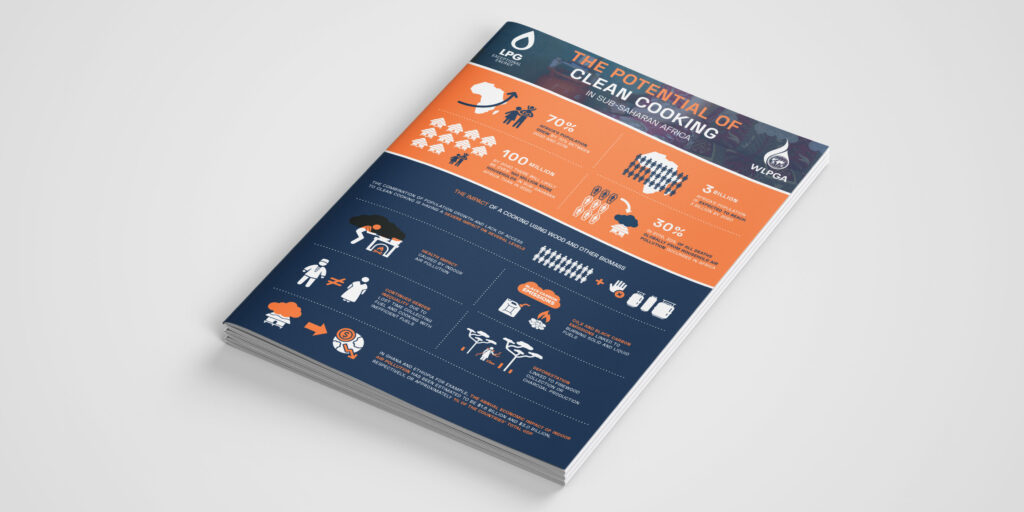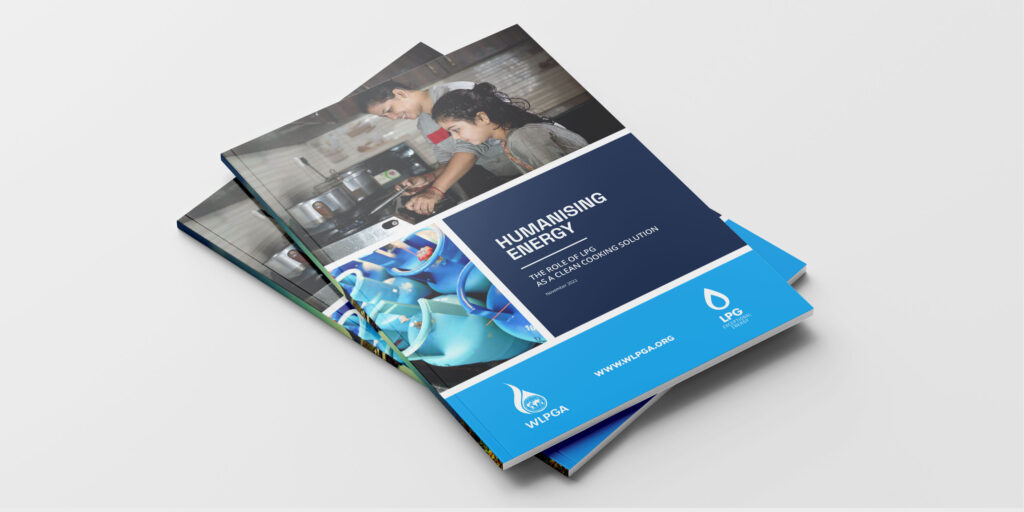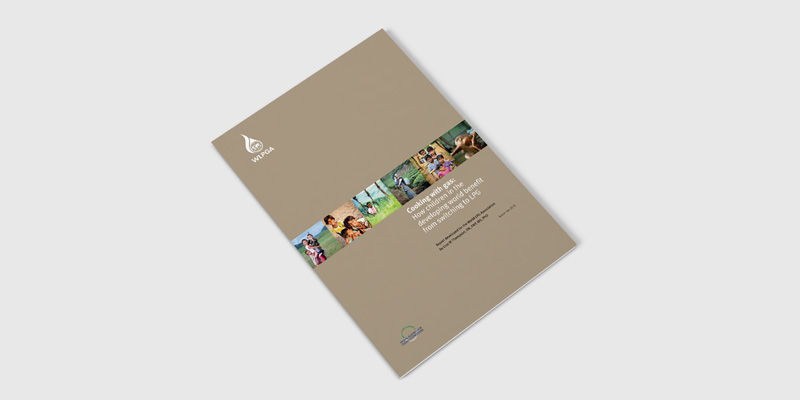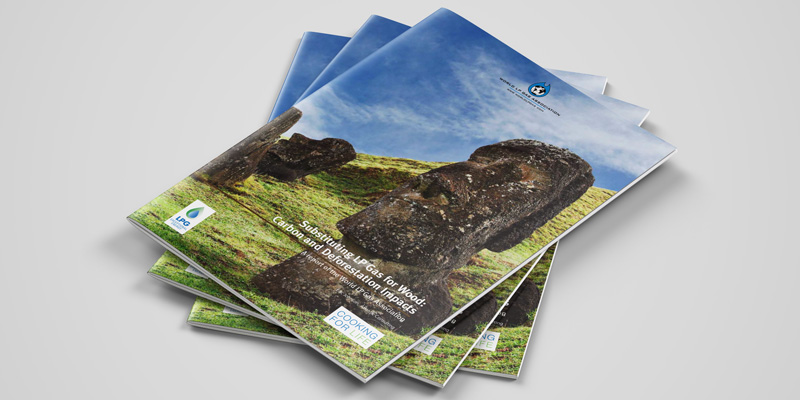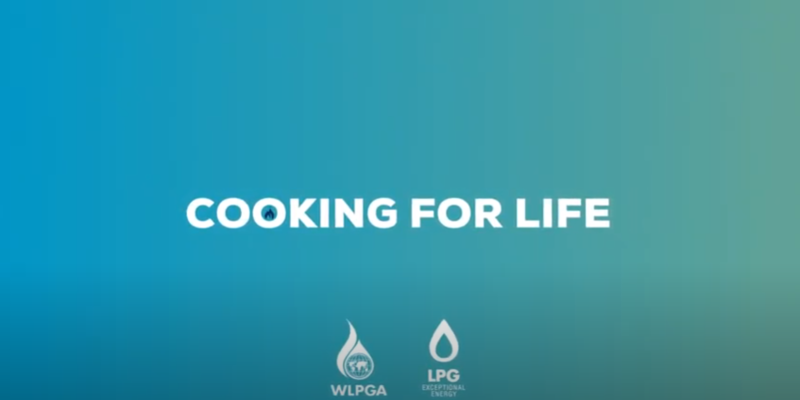Cooking
for life
Cooking For Life is a major a campaign of the WLPGA which aims to facilitate the transition of ONE BILLION people from cooking with traditional fuels, as well as other dirty and dangerous fuels such as kerosene, to cleaner-burning LPG by 2030.
Indoor air pollution is the tenth leading cause of avoidable deaths worldwide
The campaign convenes governments, public health officials, the energy industry and global NGOs to expand access to LPG and bring this modern alternative to the people who need it most. WLPGA also works to increase public awareness about how traditional fuels negatively affect everyday life of the world’s most vulnerable.
Cooking For Life puts the necessary tools and resources for success in the hands of energy policy decision makers in developing countries. India, Brazil and Indonesia are shining examples of successful countrywide conversion to LPG, proving that large-scale adoption is possible. The campaign arms leaders in other countries with the best practices and lessons for implementing successful LPG conversion programmes.
Gathering solid fuels like wood can lead to deforestation and degradation or loss of tree resources
Objectives and Goals
- Cooking For Life, a campaign of the global LPG industry, aims to transition ONE BILLION people from cooking with traditional fuels as well as other dirty and dangerous fuels such as kerosene to cleaner-burning LPG by 2030.
- Preventing 500,000 premature deaths per year, primarily women and children from exposure to indoor air pollution.
- Save 2.65 million hectares of forest, or 51% of annual global net deforestation, with every 268 million households converted to LPG.
Specific Goals
- Demonstrate the benefits of LPG to policymakers and opinion leaders in the context of development: health, economic advancement, women’s empowerment and education, and the environment.
- Enable WLPGA member companies, policymakers, governments and development agencies to serve as channels to reach consumers about the benefits of LPG.
- Demonstrate the benefits of LPG as a cooking fuel to women, stressing the convenience, modernity, and health benefits.
Promote the expansion of LPG demand and usage in developing markets by working with governments and development agencies.
